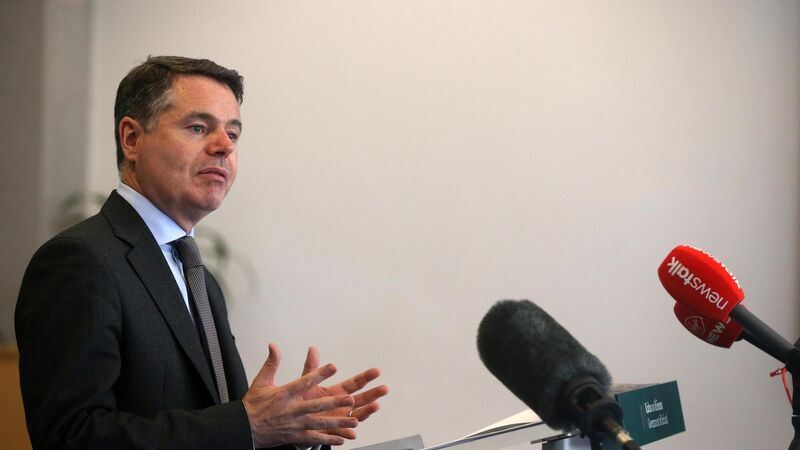Paschal Donohoe warns of uncertainty as deficit rises

Finance Minister Paschal Donohoe sees "considerable and unprecedented" uncertainty ahead, despite less severe tax revenue declines than anticipated
Finance Minister Paschal Donohoe has said a “considerable and unprecedented” amount of economic uncertainty remains despite the latest fall in tax revenues being less severe than anticipated.
The State’s budget deficit – which the Government is hopeful of keeping below €30bn for the full year – increased to almost €9.5bn by the end of August. That figure was €7.4bn at the end of July. The deficit for 2019, as a whole, was just €625m in comparison.











